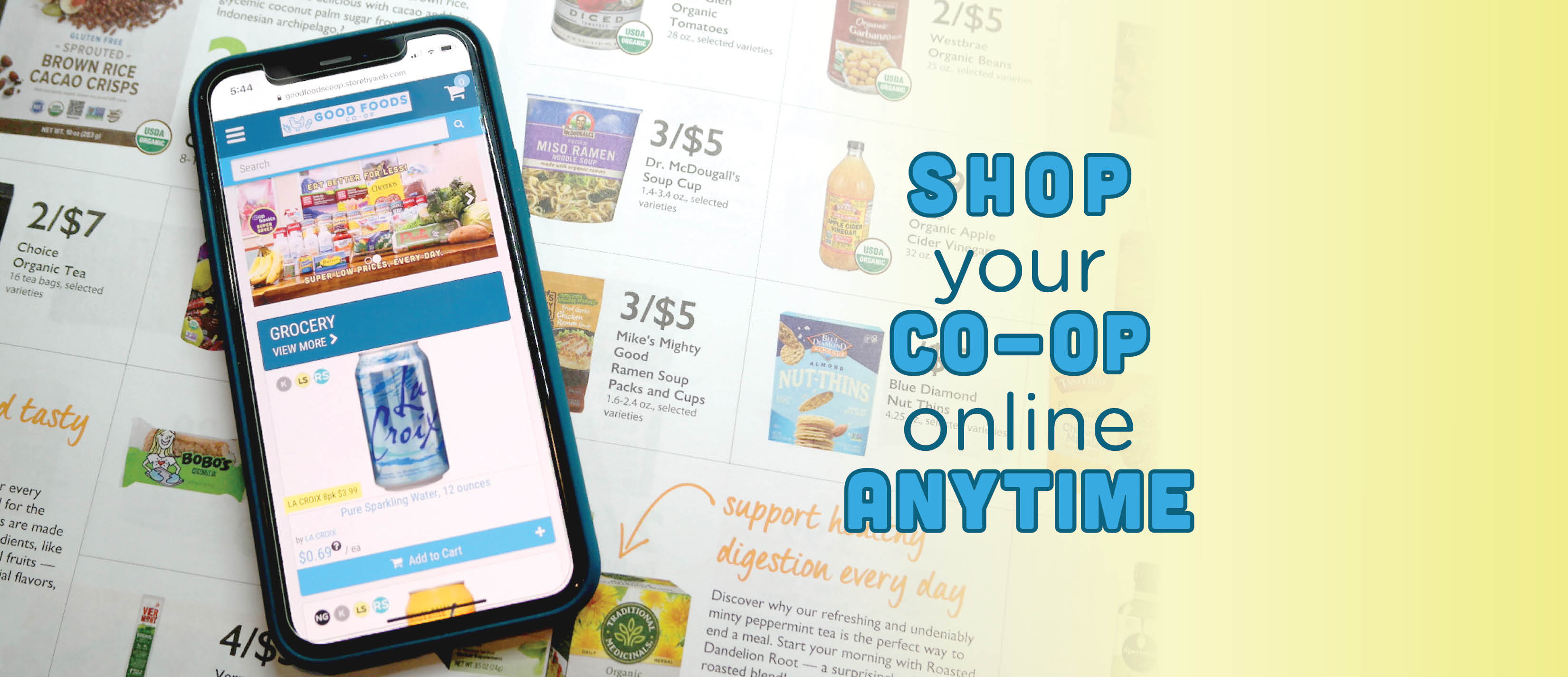Article provided by Alive Publishing Group. You can find more great articles anytime on alive Connect, or grab a copy of the latest printed issue of alive Magazine next time you’re in Good Foods Co-op. It’s free!
You’ve likely read time and again that self-care is something we’re supposed to do, and maybe you’ve even dabbled in it on occasion. But many of us have a hard time committing to it. Here are some tips to help you create your own personalized plan.
What is self-care, anyway?

The concept of self-care was developed in nursing by Dorothy Orem, who first published about her theory in academic journals in the 1970s. Orem’s initial version focused on patients who had to self-manage their health after an accident or the diagnosis of an illness. Behaviors included taking prescription medicines and altering their diets.
Yet, there is resistance
While the idea of being intentional about our well-being is good in theory, it’s not particularly easy for women to do because of how we were raised. For women, gender roles prescribe that we not only put others’ needs ahead of our own but also look good doing it. In this social environment, it’s no wonder that a woman might feel selfish if she takes time away from family or other responsibilities to do something that serves no one but herself. As evidence of the power of gender roles, 2014 research found that women who were diagnosed with breast cancer continued to prioritize mothering over their own self-care. In colloquial terms, that’s messed up!
Some women have strong negative reactions to the term “self-care” itself, which may also get in the way of embracing it. For some, self-care refers to indulgences in which women are encouraged to spend time and money on beauty treatments. Still other women wonder if the pressure to engage in self-care simply adds more to a woman’s already full plate. While it’s true that “you can’t pour from an empty vessel,” the idea of taking care of ourselves simply so we can better take care of others certainly underlines the expectations placed on women.
Self-care in practice

Instead, perhaps focus on what you want to feel as a result of your self-care: free, calm, present, strong, energized, and healthy. How people get to that feeling is as individual as they are.
Of course, many people try to eat well and get some exercise, but there might also be other activities, such as:
- playing musical instruments
- participating in religious services
- reading
- taking a nap
It’s also about finding the courage to be intentional about creating boundaries to protect these needs. And, yes, that even includes enjoying time at the salon if that’s what gives you joy.
Your self-care plan
Carve out some quiet time, pour yourself a cup of comfort, and grab a pen and a notepad.

Answer the following questions:
- How do I want to feel?
- What helps me feel this way (for example, activities, space, relationships, etc.)?
- What gets in the way?
- What non-negotiable commitment can I make to support my well-being?
- What support do I need to make this happen?
Next step: put it into practice!
